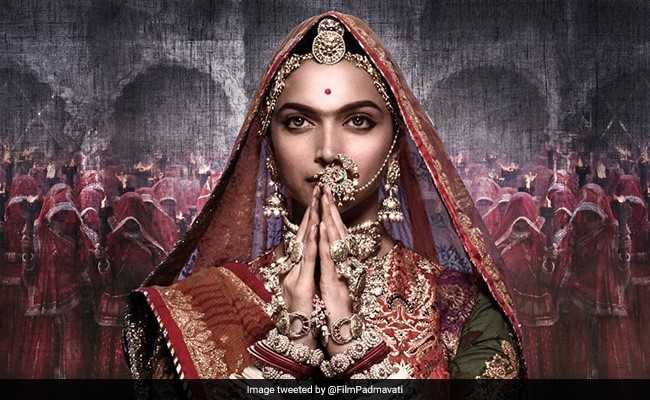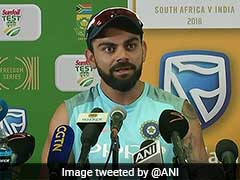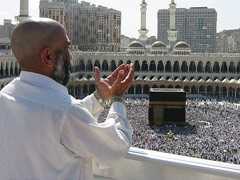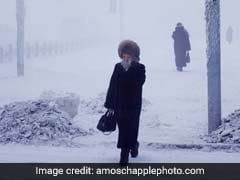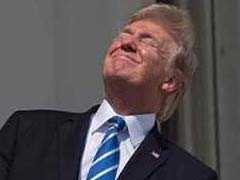The producers of the period film, which will be released on January 25, had challenged the ban announced by Rajasthan, Gujarat, Haryana and Madhya Pradesh on grounds of law and order problems. The top court said it is the responsibility of the states to ensure peace.
"If states are banning a film, then it destroys the federal structure. States can't touch the content of a film. If anybody has a problem, they can approach the appellate tribunal," argued senior lawyer Harish Salve on behalf of the producers of "Padmaavat".
The producers, Bhansali Productions and Viacom18 Motion Pictures, referred to a past Supreme Court order that a film cannot be banned on the basis of anticipation of law and order trouble.
"If you go by the arguments against films, I have no hesitation in saying 60 per cent of the classical literature cannot be read," said Chief Justice of India Dipak Misra.
Protesters led by the Karni Sena have threatened to vandalise theatres that screen the film starring Deepika Padukone, Shahid Kapur and Ranveer Singh.
A Rajasthan official said the state government would examine the order. It would be "difficult" to screen the film because of the protests, said the official, not ruling out an appeal.
Karni Sena protesters had yesterday blocked roads in Udaipur, Chittorgarh and Kota.
Comments
Sanjay Leela Bhansali's "Padmaavat" is inspired by the story of Rajput Queen Padmini, a legendary beauty who chose to jump into a pyre and commit "Johar" (mass self-immolation) instead of submitting to Sultan Alauddin Khilji after he killed her husband.Amid massive controversy over Rajput groups alleging denigration of the Queen and distortion of history, the film was given the go-ahead by the Central Board of Film Certification or the censor board, which had asked the makers to change the title from "Padmavati" to "Padmaavat" and suggested some other modifications.


